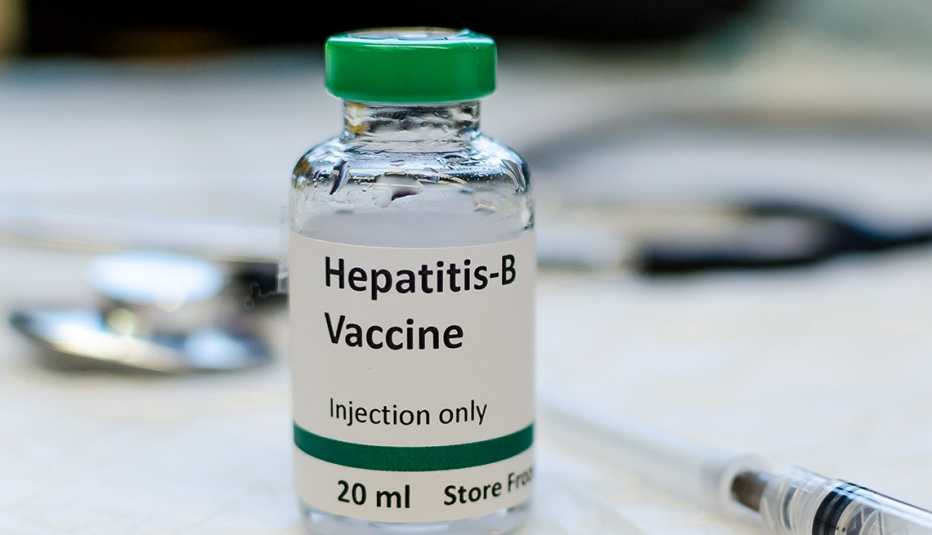Staying Fit


Even though there's an effective vaccine to prevent it, the Centers for Disease Control and Prevention (CDC) estimates that about 862,000 Americans are living with chronic, long-term hepatitis B, with the infection causing thousands of of cases of liver failure, cirrhosis and liver cancer ever year.
The virus attacks the liver silently at first, so many people don't realize they are infected until decades later, when the virus has already done extensive damage or caused liver cancer, says John Scott, M.D., an infectious disease specialist and associate medical director of the Hepatitis and Liver Clinic at Harborview Medical Center in Seattle. “It's a bad cancer, it can be very aggressive,” Scott says.


AARP Membership— $12 for your first year when you sign up for Automatic Renewal
Get instant access to members-only products and hundreds of discounts, a free second membership, and a subscription to AARP the Magazine.
In the United States, there are about 21,000 new cases of hepatitis B infection a year, mostly in unvaccinated adults, the CDC says. The infection, detected with a simple blood test, is spread through the transfer of blood, semen, or other body fluid.
While children are routinely vaccinated against hepatitis B, which can be spread from mother to baby at birth, it's only recommended for certain groups of adults — including diabetics — and only 16 percent of Americans age 50 or older have received the vaccine.
Because children are vaccinated, the virus is more commonly spread through sexual contact or by sharing needles, syringes or other drug-injection equipment. The opioid epidemic has caused a spike in the number of cases.
Another at-risk group? People with diabetes. They're twice as likely as others to get hepatitis B, since their equipment can come into contact with infected blood, or they can contact the virus through breaks in their skin. The virus can also spread through improper reuse or sharing of glucose monitoring equipment, especially among people who live in long-term care facilities.
The hepatitis B vaccine is recommended for all diabetics under 60 years of age. If you're diabetic and over age 60, the CDC recommends talking to your doctor about whether to get the vaccine, says Jefferey Goad, a pharmacist and public health expert who is vice president of the National Foundation for Infectious Diseases.
Medha Munshi, M.D., director of the Joslin Geriatric Diabetes Program at Harvard Medical School in Boston, says she typically recommends the vaccine for older diabetics who need insulin injections or fingersticks to monitor their blood glucose levels, especially if they live in a long-term care facility. That's because Hepatitis B outbreaks have broken out in nursing homes and assisted living centers because of improper sterilization and infection control between patients.
"If you are exposed to needles, then my clinical judgment would be you should have it because you're at higher risk,” she says.

































































More on Health
What to Know About the Coronavirus Vaccines
Questions continue as millions of Americans get immunized
Where to Get Your Flu Shot
Most major retailers offering both regular and high-dose vaccinesThese Are the 8 Vaccines You Need After 50
Are you up to date on all the recommended vaccines?